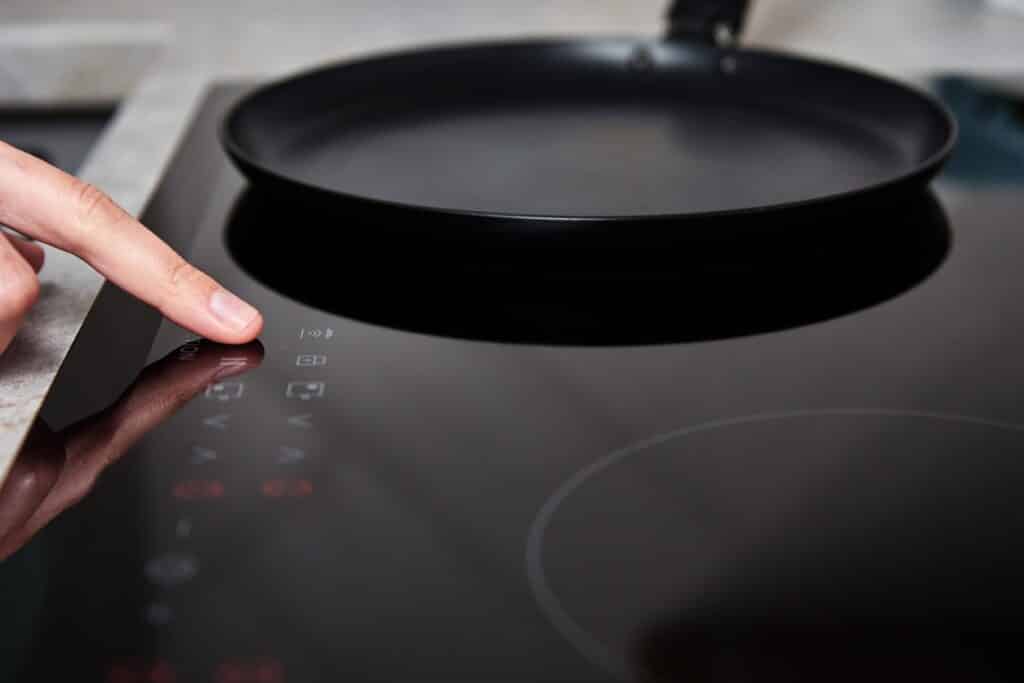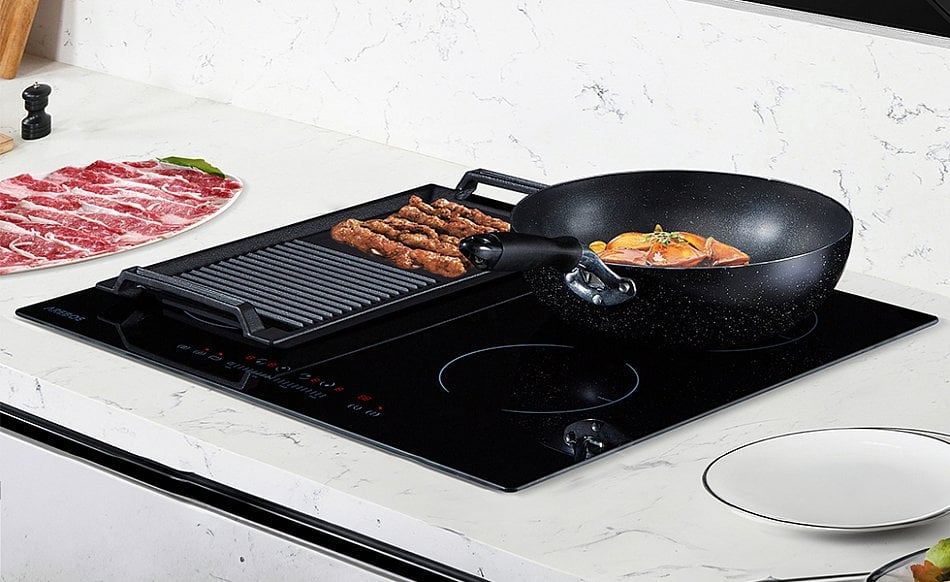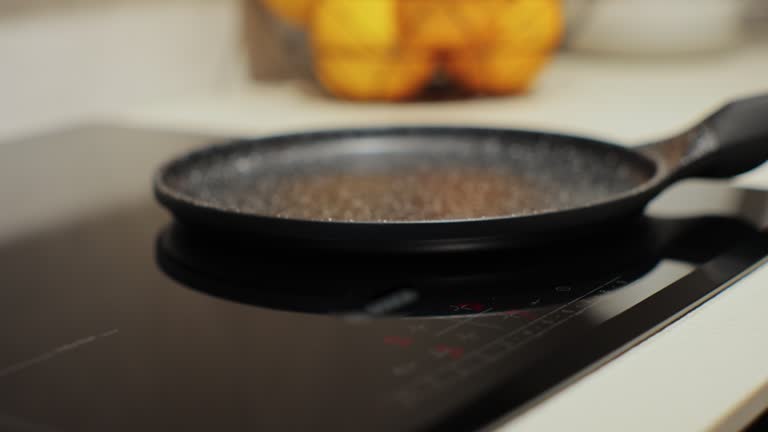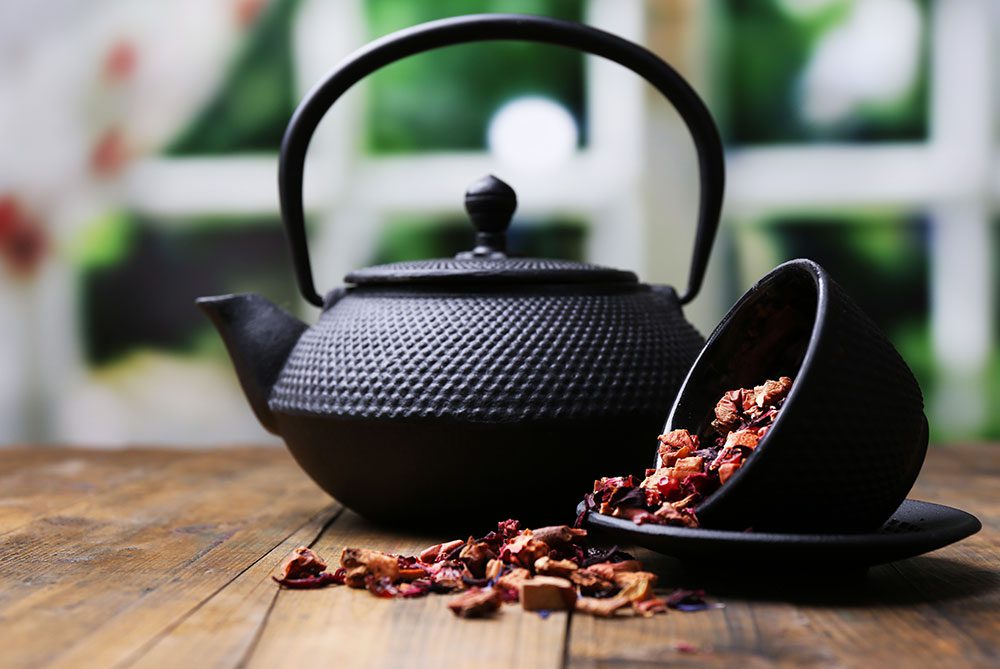In todays modern kitchens, particularly among culinary experts, the discussion surrounding cast iron versus nonstick cookware for induction cooktops is a prevalent one. As induction cooking gains traction for its efficiency and precision, it's essential to determine which type of cookware is best suited for this cooking method. This article explores the strengths and weaknesses of both cast iron and nonstick cookware when utilized on induction surfaces.

What is Induction Cooking?
Before we dive deeper into the comparison of cast iron and nonstick on induction, its important to understand the mechanics of induction cooking. Unlike conventional gas or electric stovetops, induction cooktops use electromagnetic fields to generate heat directly within the cookware itself. As a result, the saucepan or skillet heats up faster and maintains a more stable temperature. For a comprehensive overview, feel free to visit this Wikipedia article on induction cooking.
The Timeless Appeal of Cast Iron
Cast iron has been a staple in kitchens for generations, and its popularity is well-deserved. Known for its exceptional heat retention and even heat distribution, cast iron is perfect for tasks like searing, frying, and baking. When used on induction cooktops, cast iron shines due to its magnetic properties. However, potential buyers should consider its heft and the need for regular seasoning. To learn more about cast iron and its compatibility with induction, check out this Field Company guide.
Nonstick Cookware: The Easy Option
Nonstick cookware offers the advantage of effortless cleaning and healthier cooking with minimal oil. On induction cooktops, it is crucial to ensure that nonstick pans come equipped with a magnetic base. Though they heat up quickly, they may not retain heat as effectively as cast iron. Additionally, nonstick surfaces demand gentle care to avoid damage. For further insights on nonsticks induction compatibility, you can read this helpful article.
Comparative Performance: Cast Iron vs Nonstick
When assessing the performance of cast iron against nonstick on induction, its important to consider various cooking needs. Cast irons outstanding heat retention makes it suitable for dishes that require consistent, long-lasting heat. In contrast, nonstick is great for tasks like frying eggs or flipping pancakes thanks to its smooth surface. However, longevity may be an issue for nonstick cookware if not properly maintained, as highlighted in this resource.
A Professional's Insight
For culinary professionals, the decision between cast iron and nonstick may hinge on the specific dish at hand. While cast iron is celebrated for its versatility and resilience, nonstick offers convenience and quick cleanup. Both types of cookware have their merits in a professional kitchen, and knowing when to use each can enhance the overall cooking efficiency. For additional advice, refer to this informative blog.
Final Thoughts
The conversation surrounding cast iron versus nonstick on induction cooktops continues to be a topic of interest for culinary professionals. Each option comes with its own set of advantages and drawbacks, and the ideal choice often depends on personal taste and specific cooking needs. By understanding the characteristics of both types of cookware, chefs can make educated decisions that elevate their culinary masterpieces.

Frequently Asked Questions
Is cast iron suitable for induction cooktops?
Absolutely, cast iron is highly compatible with induction cooktops due to its magnetic properties, providing excellent heat retention and distribution.
Can nonstick pans be used on induction cooktops?
Yes, provided that the nonstick pans feature a magnetic base, they can be effectively used on induction cooktops. Always check the manufacturer's instructions for specifics.
Which material is more durable: cast iron or nonstick?
Typically, cast iron is more durable and can last indefinitely with proper care. Nonstick cookware requires more gentle handling to preserve its coating.






Leave a comment
This site is protected by hCaptcha and the hCaptcha Privacy Policy and Terms of Service apply.